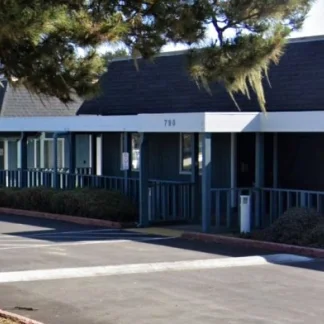Mendocino County Drug Treatment
Fort Bragg, California, 790 South Franklin street, Suite B, 95437
Available Programs
- Adolescence program
- Adult program
- Children program
- Postpartum program
- Program for men
- Program for women
- Young adult program
Insurance and Financial
- Medicaid
- Private insurance
- Self-pay options
- Financial aid
- Sliding scale payment assistance
- Medicare
- Military insurance
About this Facility
Mendocino County Behavioral Health & Recovery Services is a community mental and behavioral health treatment center in Fort Bragg, California, near Noyo Bay. They strive to make mental health treatment accessible to all. They serve clients of all ages.
This program delivers care services informed by each client’s background, ensuring that the client’s needs are heard and understood. Care is coordinated between their program and a client’s other healthcare providers for maximum effect. Services offered include:
This is a typical day program where clients live at home and visit the facility on a regular schedule to participate in treatment. Outpatient programs are usually reserved for clients with mild symptoms that don’t require 24-hour supervision. Clients with severe symptoms may be referred to another program.
The outpatient program aims to boost a client’s independence and raise their overall quality of life. This is done through counseling sessions (individual and family based on need) and life and coping skill development. Throughout treatment, clients will gain a better understanding of how their challenges impact their lives and how to utilize effective coping strategies and minimize the need for admittance into a higher level of care.
Clients considering a treatment program should make it a point to confirm their insurance coverage first, as in-network and out-of-network benefits may vary.
Contact us for more information: (707) 962-1113

Contact Mendocino County Drug Treatment
Connect with Mendocino County Drug Treatment by calling their admissions team directly.
(707) 962-1113 Website Get Directions